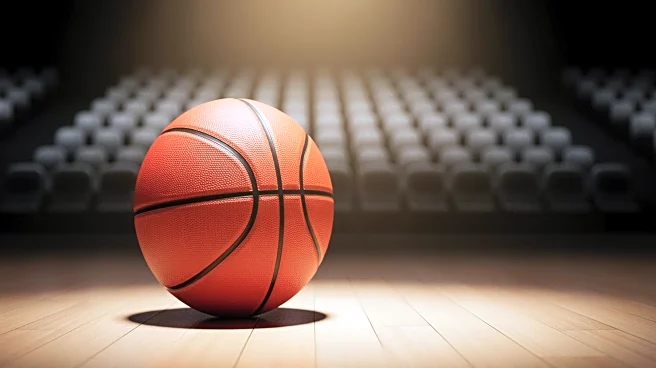Rapid Read • 7 min read
In the NFL, the practice of 'holding in' has become a notable strategy for players seeking new contracts. This involves players reporting to training camp but refusing to practice until a new deal is reached. Commanders offensive coordinator Kliff Kingsbury recently addressed this issue, emphasizing the need for players to eventually participate in team activities. The situation is exemplified by Commanders receiver Terry McLaurin, who recently exited the Physically Unable to Perform list, indicating readiness for the upcoming season despite ongoing contract discussions. Other players currently holding in include Cowboys linebacker Micah Parsons, Bengals defensive end Trey Hendrickson, and Steelers defensive lineman Cameron Heyward. The tactic allows players to avoid fines associated with holding out while still applying pressure for contract negotiations.
AD
The hold-in strategy reflects a shift in how NFL players negotiate contracts, balancing the need to maintain team presence with the desire for better financial terms. This approach can impact team dynamics, as players who hold in may face disciplinary actions if they do not eventually participate. For teams, managing these situations requires careful negotiation to avoid disruptions during the season. The broader implications affect team performance, player health, and financial planning. Players like Micah Parsons, who are critical to their teams, highlight the stakes involved, as their participation is crucial for team success. The resolution of these hold-ins can set precedents for future contract negotiations across the league.
As the NFL season approaches, teams and players must resolve hold-ins to ensure readiness for Week 1. Players like Micah Parsons need to begin preparations soon to minimize injury risks and ensure peak performance. Teams may need to make strategic decisions, potentially calling players' bluffs to see if they will indeed sit out games. The outcomes of these negotiations could influence future contract strategies and team policies regarding player participation and discipline.
AD
More Stories You Might Enjoy












